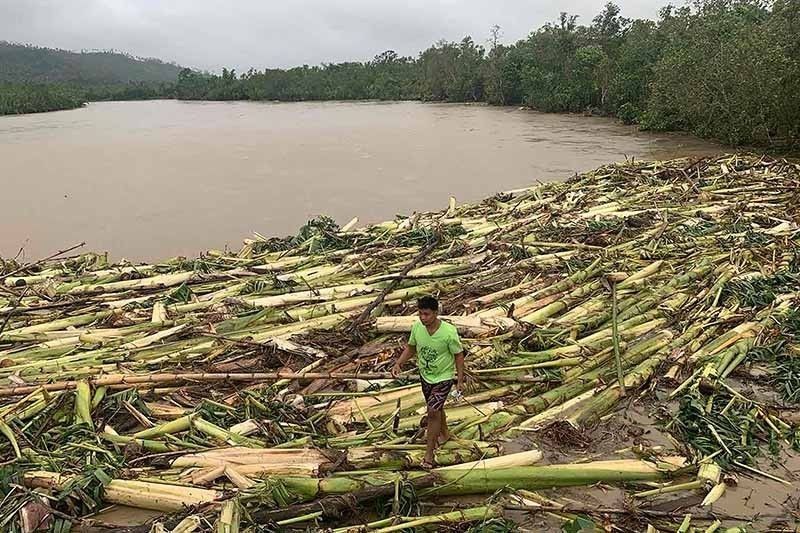Limited budget, lack of manpower hamper DENR’s work

CAGAYAN DE ORO, Philippines — The Department of Environment and Natural Resources on Thursday said the agency lacks the funding and warm bodies needed to protect the country’s forests and seas, and address the impacts of climate change.
“Unfortunately, the way we are set up, the fiscal space is very tight,” DENR Secretary Maria Antonia Yulo-Loyzaga said in a briefing during the agency’s multi-stakeholder forum in Cagayan de Oro City.
“The DENR is in charge of 15 million hectares of classified forest lands. We are also in charge of so many thousands of hectares of coastal areas,” she added.
The department has a budget of P23.29 billion this year, lower than the P25.4 billion given in 2022.
“We cannot, at the level of budget at this point and the human resources available, do an adequate job of protecting all of our ecosystems,” the environment chief said.
“The reality is we have inadequate resources to finance what are the impacts already known to the Philippines in terms of climate change,” she added.
To address the funding gap, the DENR is implementing convergence budgeting, which entails fostering collaboration among agencies in designing new programs and implementing these projects.
“[We’re also] bringing in different stakeholders to do their share in working with us in terms of preservation, conservation, restoration and regeneration, and there are already examples of this that involve the private sector, civil society groups and international development partners,” Yulo-Loyzaga said.
Analiza Rebuelta-Teh, the DENR undersecretary for finance, information systems and climate change, said the department is prioritizing and assigning codes to climate change programs, projects and activities “to ensure we support climate actions and we further rationalize the limited resources that we have.”
The multi-stakeholder forum in Mindanao is the last leg of DENR’s nationwide consultations to gather insights on environmental governance, ecotourism, agriculture, food security, forest and land management, climate and disaster resilience, and mining.
“The Mindanao region is blessed with a rich, complex, social and natural history. It is in the intersection of this social and physical geography that both risk and opportunities reside,” Yulo-Loyzaga said.
“Creating and building these opportunities and mitigating the risks require partnerships that lead to a new type of agency based on competent and committed leadership that prioritizes human development, sustainable local economies, resilient infrastructure, and underpinning all of these ecosystems that support human security, food, water, energy, peace and equity,” she added.
- Latest































